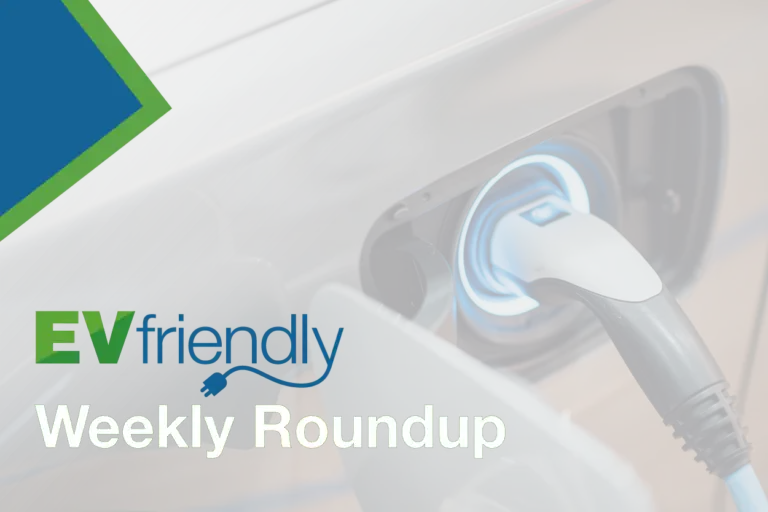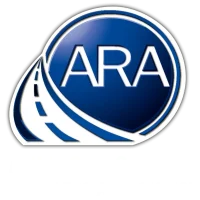Electric vehicles (EVs) now make up 17.5 percent of all new vehicle sales in B.C., and the province is well on its way to meeting provincial and federally mandated EV sales targets. Although the rest of the country lags in terms of EV growth and infrastructure, vehicle sales manufacturers are ramping up their production and the growth of EV market will soon surpass internal combustion engine (ICE) vehicles nationwide.
It’s been two years since we introduced EVfriendly to the B.C. market and we are now expanding the program across Canada.
EVfriendly is an industry-led program sponsored by the BC Ministry of Energy, Mines and Low Carbon Innovation that has been designed to raise awareness and cultivate a higher degree of confidence in EV ownership. The program also helps ensure that only trained and qualified industry professionals are selling, servicing, repairing and recycling EVs in a responsible and safe manner while providing consumers with the right information to make informed choices. The idea for EVfriendly began more than three years ago, shortly after the B.C. government announced its zero-emission vehicle mandate of 100 percent EV sales by 2035. It is an ambitious goal, but one that is supported by many people and organizations across Canada. However, little thought was being given to servicing this new fleet of vehicles, including how to manage end-of-life EV batteries. While EVs and gasoline engines are similar in many ways, they diverge widely in others, and the current infrastructure needs to evolve and adapt.
Most consumers, and even many industry professionals for that matter, do not fully understand how EVs operate, let alone how to service them properly. This applies not only to the service and repair industry, but also to towing and recovery, used auto sales and certainly auto dismantling and recycling. EVfriendly addresses these concerns by empowering consumers with knowledge and providing industry with the tools and resources it needs to transition to this market. The program is continually evolving as technology is advancing at a rapid pace. The EVfriendly website is the place to start learning more about EVs. There is a portal for consumers to learn about EVs, where to find a qualified EVfriendly professionals to service their vehicle, and resources for industry.
EVfriendly addresses the entire EV lifecycle. Its focus is on the aftermarket or, in other words, the out-of-warranty servicing of EVs, which includes the end-of-life management of EV batteries. The EV battery is not just another component of the EV; it is the critical component, and its manufacturing, servicing, and eventual end-of-life management is becoming a major focus for manufacturers, government, and regulators. In fact, we are now seeing an emergence of this issue with government, regulators, associations, and even special interest groups. It is important, therefore, that the vehicle dismantling, and recycling industry begins to position itself and take advantage of the opportunities that are only now starting to emerge. These include things like battery testing, remanufacturing, second-life and environmental management. EVfriendly can help compliment end-of-life strategies and alternative management frameworks, such as those being developed by the Automotive Recyclers of Canada. We need to offer solutions and ensure our place at the table.
Training is a good way to start transitioning your business to servicing EVs. EVfriendly offers online training for vehicle dismantlers in two levels: level one is a basic safety and EV awareness applicable to sales staff, shippers, etc.; level two is offered (after completion of level one) to dismantlers, parts pullers, and anyone directly handling an EV. The course is comprehensive and will take from three to five hours to complete online, depending on learning styles. In order for the student to truly understand these vehicles, we needed to demystify them, and training does that. Understanding EVs and how they operate is the key to instilling best practices. Not understanding them, or only partly understanding them, is what leads to accidents. You may have some knowledge here, and you may know a bit there, but it is the 80 percent in between where accidents can happen.
Training is also the foundation for responsible end-of-life management and quality control. There are new opportunities on the horizon for vehicle recyclers like battery repair, remanufacturing, and second-life (also called repurposing). Understanding these vehicles, how to inventory them, and even how to test them can help you gain a competitive advantage in this new market. But even more so, for industry it helps ensure that we can act in a professional and responsible manner. If we do not, someone else will. The online training offered through EVfriendly provides a good foundation. Technical colleges are now beginning to offer in-person EV training which can also be advantageous for a lead dismantler or if you wish to venture into battery testing.
EVfriendly training is offered in partnership with the Automotive Recyclers of Canada and be found at the ARA training Centre of Excellence at training.ara.bc.ca.
To learn more about EVfriendly and to join the conversation about EVs, join EVfriendly social media channels or visit evfriendly.ca.






